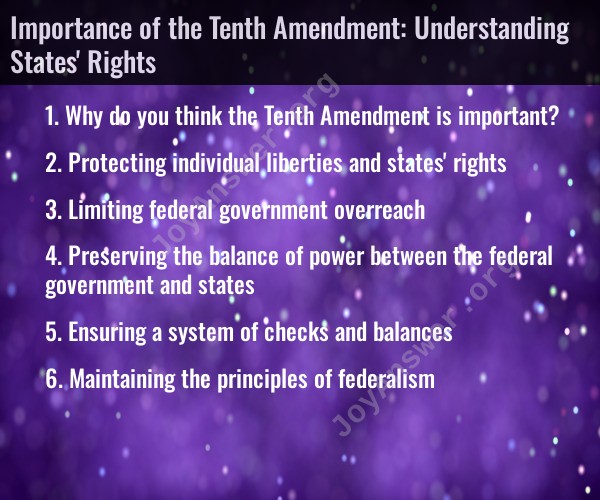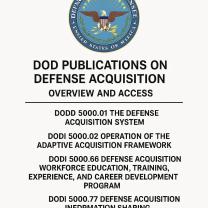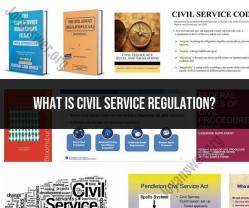Why do you think the Tenth Amendment is important?
The Tenth Amendment to the United States Constitution serves as a crucial component of the nation's federal system by outlining the principle of federalism and emphasizing the balance of power between the federal government and the states. Several reasons highlight the importance of the Tenth Amendment:
States' Rights: The Tenth Amendment explicitly states that powers not delegated to the federal government by the Constitution, nor prohibited by it to the states, are reserved to the states or to the people. This underscores the idea of states' rights and sovereignty, ensuring that states retain authority over matters not specifically addressed in the Constitution.
Checks and Balances: The Tenth Amendment acts as a safeguard against the potential overreach of federal power. It helps maintain a system of checks and balances by delineating the boundaries of authority between the federal government and the individual states.
Flexibility and Adaptability: By allowing states to have authority in areas not specifically addressed by federal law, the Tenth Amendment permits flexibility for states to address local needs and concerns. It allows for varied approaches to governance and policy-making that can better reflect the diverse interests and priorities across different states.
Preservation of Liberties: The Tenth Amendment contributes to the protection of individual liberties and rights by ensuring that power is not excessively centralized at the federal level. It helps prevent the potential concentration of authority that might infringe upon the freedoms of citizens.
Constitutional Interpretation: The Tenth Amendment has been an essential element in constitutional interpretation and debates about federal power versus state authority. It has been cited in numerous legal cases and discussions where the balance of federal and state power was at issue.
Overall, the Tenth Amendment plays a pivotal role in the distribution of powers between the federal government and the states, fostering a system that seeks to balance centralized authority with local autonomy. Its importance lies in preserving the principles of federalism, protecting states' rights, and maintaining a framework that respects the diverse needs and preferences of different regions within the United States.
Protecting individual liberties and states' rights is fundamental to the American system of government. The balance of power between the federal government and states is enshrined in the Constitution, ensuring that no one branch or level of government becomes too powerful. This system of checks and balances is crucial for safeguarding individual freedoms and preventing government overreach.
Key Principles of Individual Liberties and States' Rights
Individual Liberties: The Constitution guarantees fundamental rights and freedoms to all individuals, such as the freedom of speech, religion, and assembly. These rights are protected from government infringement.
States' Rights: The Tenth Amendment to the Constitution reserves powers not explicitly granted to the federal government to the states or to the people. This ensures that states retain significant autonomy in governing their affairs.
Federalism: The United States operates under a federal system of government, where power is divided between the federal government and the states. This division of power prevents the concentration of power and ensures that individual rights and state sovereignty are protected.
Mechanisms for Preserving Individual Liberties and States' Rights
Judicial Review: The Supreme Court has the power to review laws and actions of the federal government and states to ensure they comply with the Constitution. This judicial review protects individual liberties and prevents government overreach.
Separation of Powers: The Constitution divides the federal government into three branches – the legislative, executive, and judicial – each with distinct powers and responsibilities. This separation of powers prevents any one branch from becoming too powerful.
Checks and Balances: Each branch of government has the ability to check and balance the powers of the other branches. This system of checks and balances prevents any one branch from abusing its power.
Bill of Rights: The first ten amendments to the Constitution, known as the Bill of Rights, specifically protect individual liberties, such as freedom of speech, religion, and assembly.
State Constitutions: State constitutions also enshrine individual liberties and limit the powers of state governments. This redundancy further safeguards individual rights and prevents government overreach.
In conclusion, protecting individual liberties and states' rights is a cornerstone of the American system of government. The balance of power between the federal government and states, along with the system of checks and balances, ensures that individual freedoms are protected and government overreach is prevented. Upholding these principles is essential for maintaining a just, free, and democratic society.












